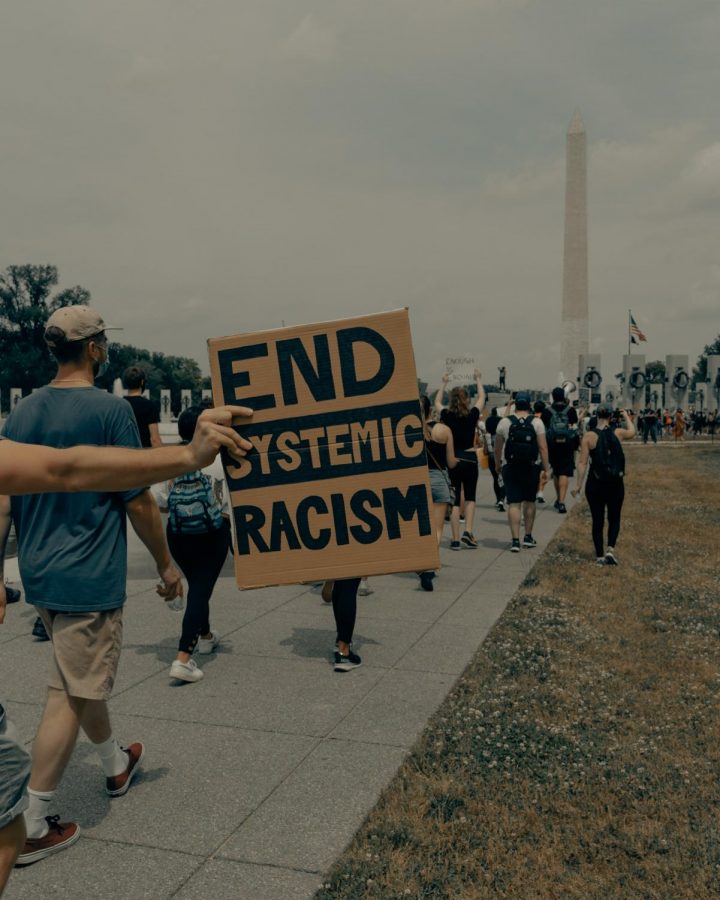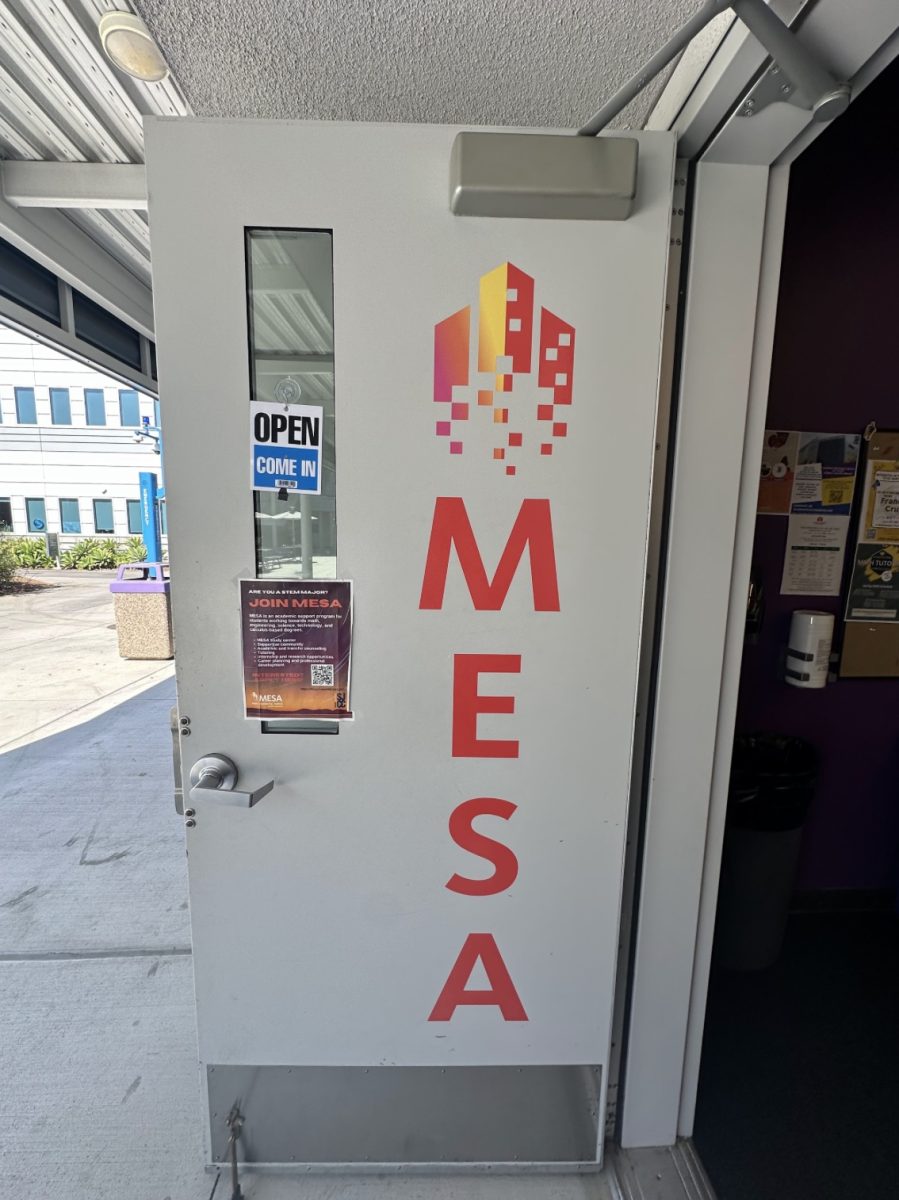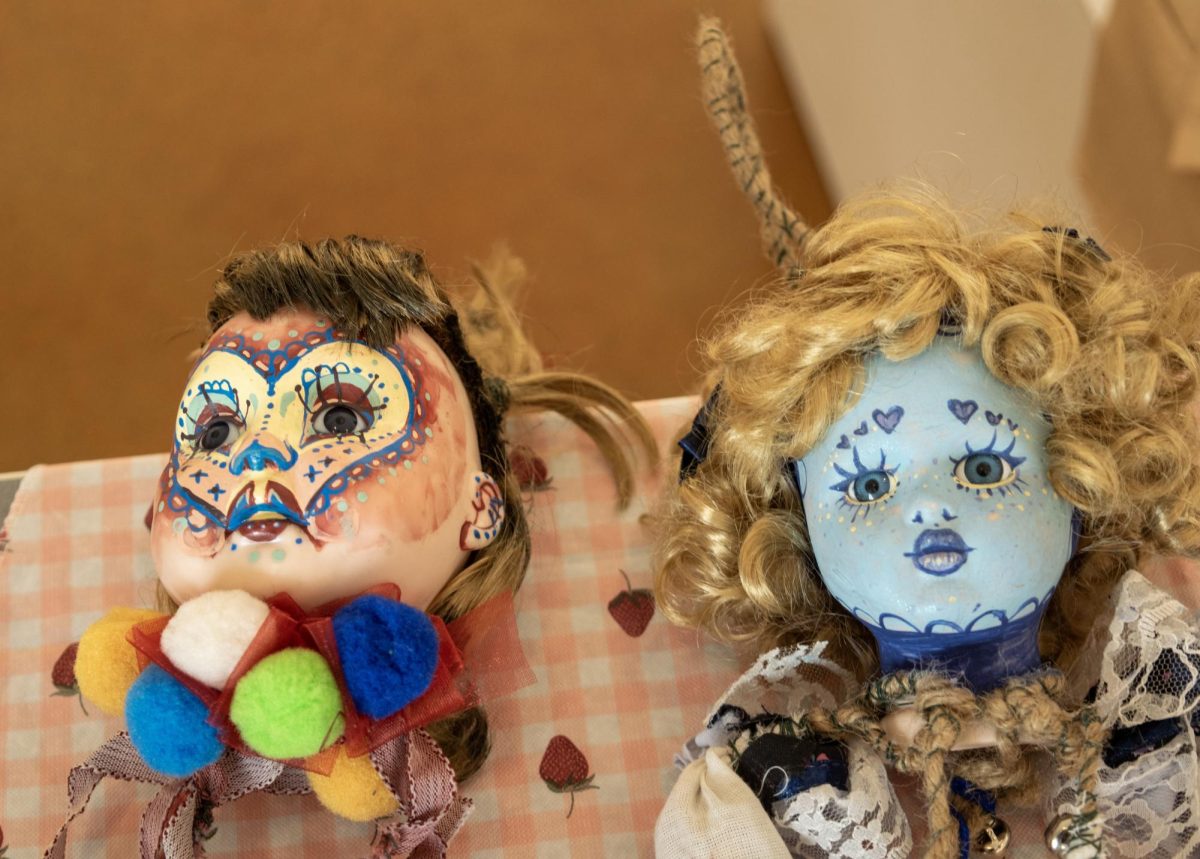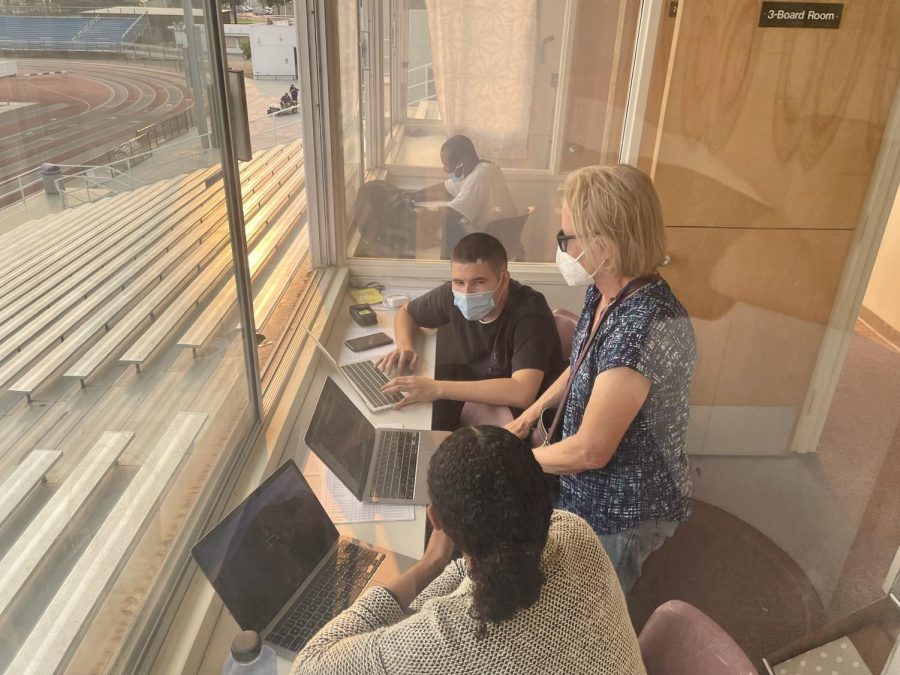TED Talks speaker Dr. Jamila Lyiscott spoke about racism, internalized within people, in classrooms and in the language, and its impact on day-to-day life, as part of the Black History Month celebrations on Feb. 18 at SJCC.
Lyiscott, the author of “Black Appetite. White Food. Issues of Race, Voice and Justice Within and Beyond the Classroom,” spoke about systematic racism and racism in classrooms that can affect the way people speak.
Colonial influence was extremely strong with language. Black people are often told to “speak proper English,” when using African American Vernacular English or any type of slang, originated by themselves, Lyiscott said.
Most times, Black people are often called “well-spoken” when not using AAVE, which shows how language is deeply rooted with racism, Lyiscott said.
“Language is part of colonialism,” Lyiscott said. “I was very ‘articulated,’ it offended me. I was deemed articulate because of the way I speak.”
According to an article, published on Feb.18 by CommonWealth Times, a student-led media organization, “There’s a false narrative that speaking properly and refraining from using slang means that one is speaking ‘white.’ A narrative that was created by the same victors of it: white people and their superiority complex.”
AAVE is more than just slang, it’s also gestures and greetings done by and for Black people, Lyiscott said.
An article by MentalFloss, an online magazine, published on Jan. 25 stated, “African American language also includes gestures, body language, intonation and other cultural cues that add another layer of richness to the things AAL speakers communicate to one another.”
Lyiscott brings awareness of how cultural differences are silenced at schools to this day.
She referred to a fine of up to $2,000 charged to families who would make any type of celebratory noise or cheering at a school’s graduation, as an example of how there is a white standard that must be met by people of color.
“Institutional empathy is not institutional equity,” she said.
She also brings up racism being part of nearly everyday life, it’s broken down into the four I’s of racism. Ideological and Institutional both being systematic racism. Interpersonal and Internal both being individual.
Individual racism affects how people treat others and themselves. Systematic racism is racism set up by policies and practices within an institution, and purposely privileges white people and promotes anti-blackness, Lyiscott said.
“It’s the act of the physical violence, we know what it’s meant to do,” she said when discussing the Capitol storming, where there was a noose hung by the rioters.
Normal things such as a way of speaking are deeply rooted with racism and colonialism.
“There is more time spent labeling black,” Lyiscott said, “instead of dismantling the harmful system.”







